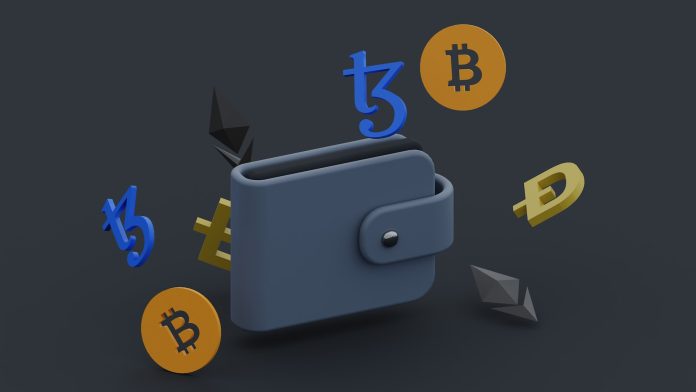Digital currencies have been around long enough to prove that they are not going anywhere. Cryptocurrency and other digital currencies may seem alien and quite confusing to many, but in some sectors, they are being embraced and thriving. The primary concern for something like cryptocurrency is the volatility, as they have gained and lost value dramatically and overnight in recent history. Some digital money can be redeemed at face value for cash and are very safe and backed with liquid assets; this is usually referred to as e-money.
Crypto Transactions Gain in Popularity
It is safe to say that crypto transactions are already well embedded into some industries, you can purchase a Tesla car using bitcoin, and there are plenty of casinos that accept Boku payments. Some people feel that this is the future of all currencies. The advantage of cryptocurrency is that it is decentralised and not reliant on any central banking system. It is a peer-to-peer transaction system; everything is recorded using Blockchain, which is 100% secure and cannot be tampered with or altered.
Central Bank-Issued Digital Currencies
Moving forward, if central banking systems were to start using digital currency used, there would have to be an element of stability closer to the way things are now. Bitcoin and other major forms of cryptocurrency are way too unstable and would not work in the current economy. It is an idea that makes a lot of sense; however, unless the stability were to improve, it could not easily take the place of standard currency. Central banking authorities would need to create and adapt their bank, and monetary law and public laws would need to cover the legal status of money that has been privately issued. There is an awful lot to consider before digital currency replaces all other forms.
Security and Regulation
Although cryptocurrency is inherently secure, regulation flies in the face of everything it was created to do. But any new form of digital currency would need to be able to prove that it was not prone to cyber-attacks, could cope with technical glitches and outages, and could not be subject to fraud authority algorithms. The Blockchain does cover most of these issues, but the whole point was not to rely on any third-party banking system that sits in the middle of transactions. However, we need to consider whether there was any aspect of digital currency would leave things open for financing terrorism and money laundering.
Positive Aspects of Digital Currency
There are some advantages of digital currency; for one thing, there is no cost for manufacture, which currently is quite significant for many countries. Storing and spending digital money is also cheaper if all the hurdles can be overcome. Experts predict that digital money has the capability of increasing gross capital flow because of the lower transaction costs. It would make it easier to integrate markets but could potentially raise the risk of financial contagion.



 Bitcoin
Bitcoin  Ethereum
Ethereum  Tether
Tether  XRP
XRP  Solana
Solana  USDC
USDC  TRON
TRON  Lido Staked Ether
Lido Staked Ether  Cardano
Cardano  Avalanche
Avalanche  Toncoin
Toncoin